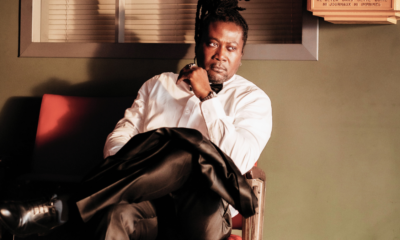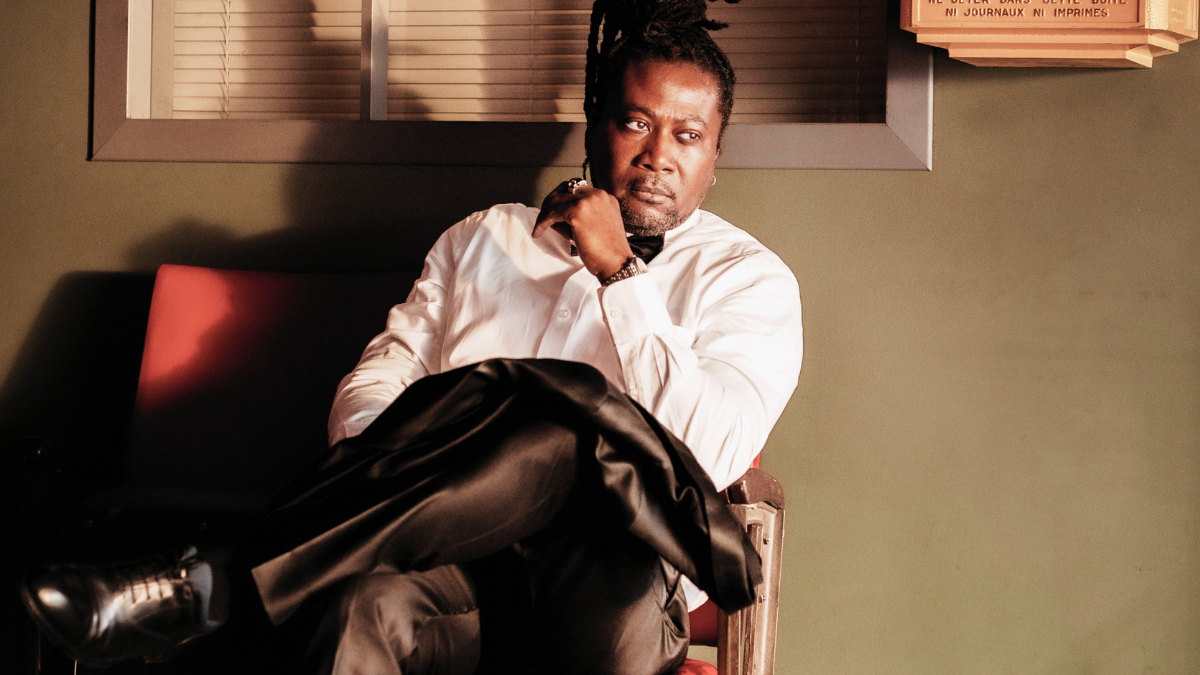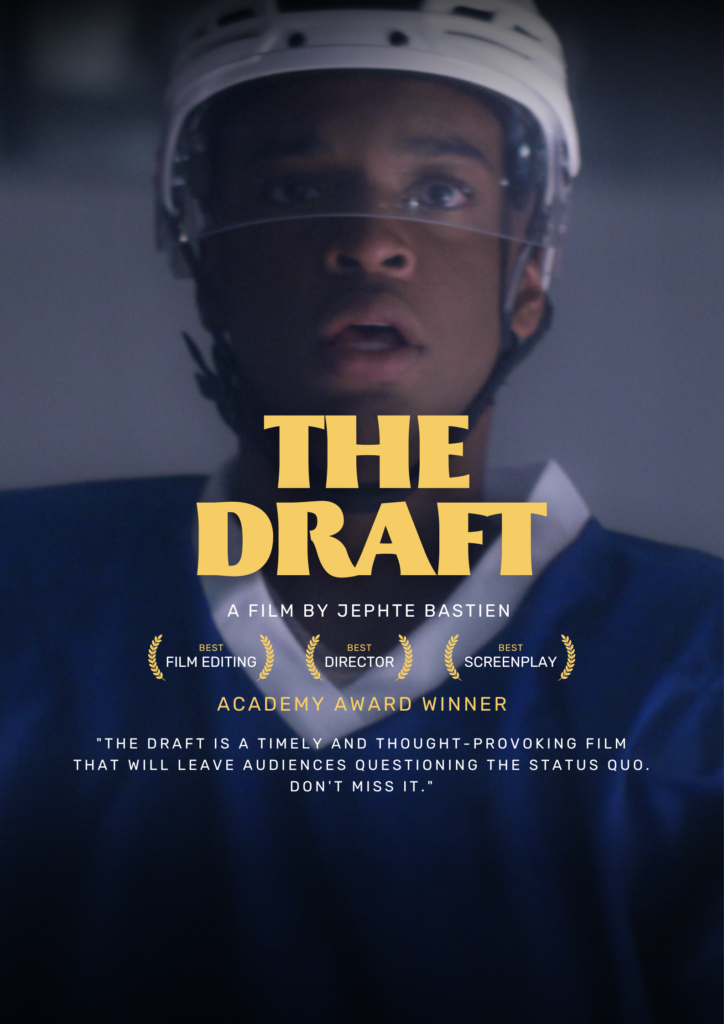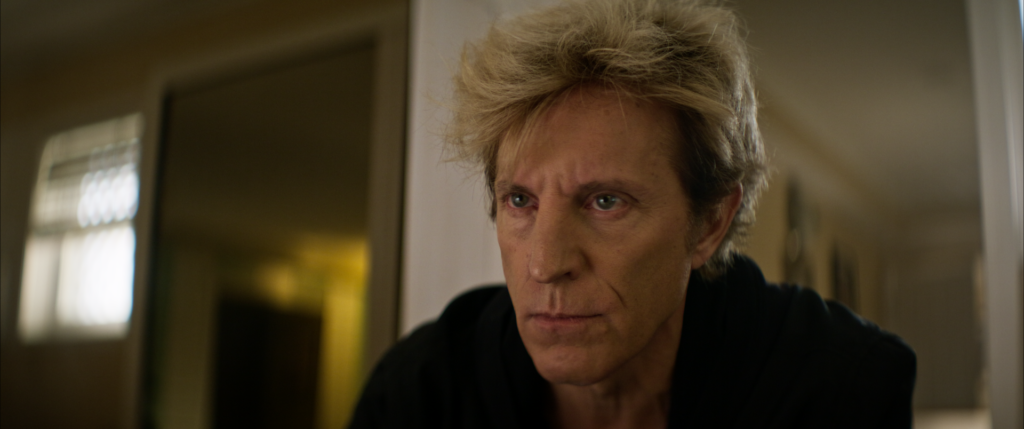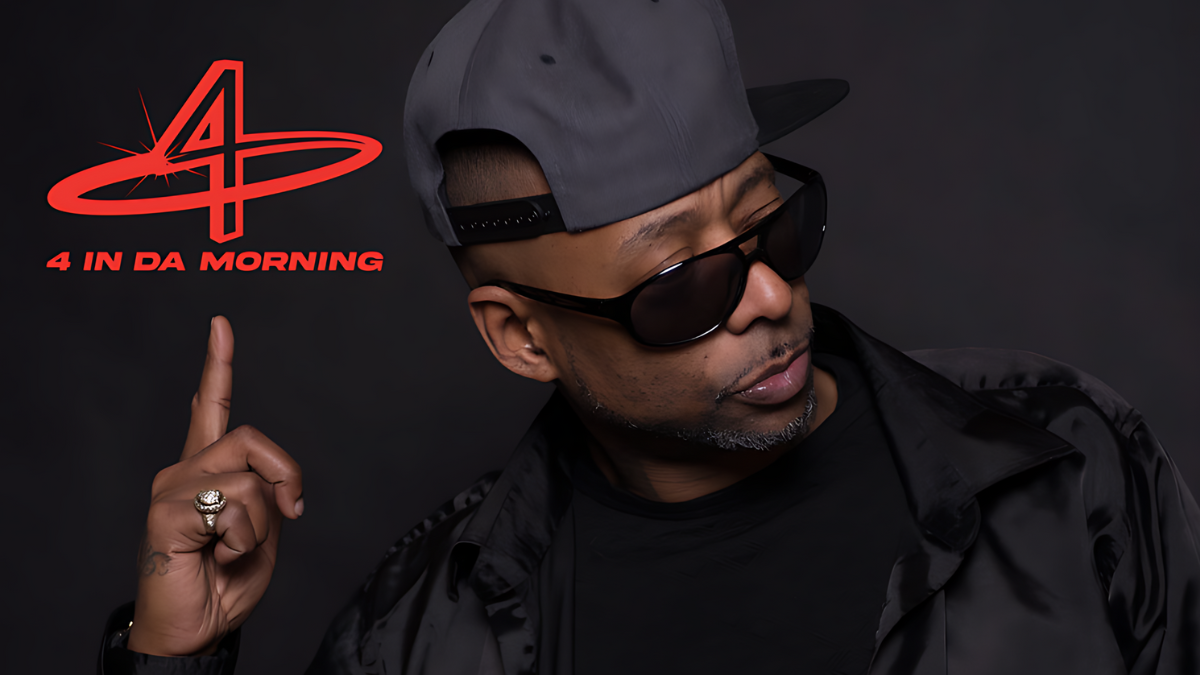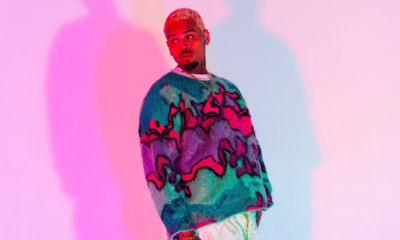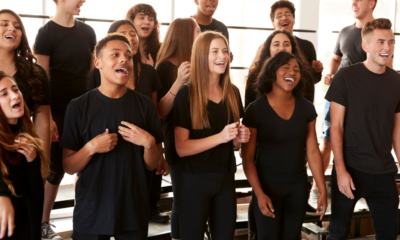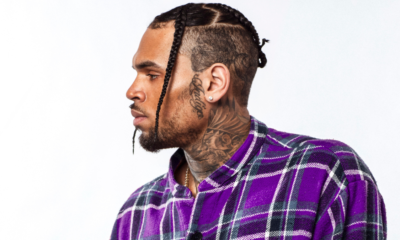From Indiana to the always hot state of Florida, Stephanie Christie is a hard working woman in a male-dominated industry. Christie manages to give each client her time and energy because she believes in them. Christie currently owns and runs a publicity and management company with her name literally and figuratively on the line. Through our interview, she exudes the pride and passion that must accompany her chosen career path. With a warm demeanour worthy of her current location, she takes The Vocalist Magazine through the various and often forgotten details of artist management and publicity. She values self knowledge regarding your career and a hands on approach with each of her clients.
TVM: I am speaking with publicist Stephanie Christie. Stephanie, could you introduce yourself to our readers?
Stephanie: Sure..I started out in film and television and wound up working in music by accident. As an actress myself, I worked a lot in commercials and indie films and wondered into publicity because some of these films didn’t have the funds to hired a publicist so I ended up learning the business through experience. One thing led to another and I ended up doing PR for bands. Once the word gets out and you work with one band it just snowballs from there.
TVM: That’s awesome. How long have you worked in publicity?
Stephanie: About 10 years and then I also manage bands. I started out working with just one band and now I work with anywhere from 4-8 PR clients at a time which vary from bands, individual artists, as well as actors and events clients. For example, I am currently working on the AFL (Arena Football League) red carpet; I’m working on inviting key celebrities, KISS will be there, etc, to walk the red carpet.
TVM: That sounds exciting. Focusing on the music industry aspect of your career, when did you realize that you wanted to become a part of the music business?
Stephanie: It was such an accidental thing that I think it just grew on me. I always thought that film and television was where I wanted to be but I started with PR and I just couldn’t stop. It takes such time to build relationships in the industry and you become so attached to the bands you’re working with; it’s almost as if you begin to take some ownership of these bands and what they’re doing. It becomes this process in which they almost become your children. A year into me beginning PR, I was hooked! (laughs).
TVM: What kinds of artists do you work with? Do they vary in musical genre?
Stephanie: Yeah, for sure. I actually started out working with acid rock bands for many years but as musical trends changed, acid rock, in terms of marketability, began being mixed with more alternative and pop. I’ve now worked with several pop acts; which I found that is a really fun genre that is extremely competitive. I actually had an artist who was on The Voice so that was kinda fun because I got to mix the television with the music.
TVM: Wow. May I ask which artist?
Stephanie: Sure, it was Benji Kuriakose, season 3 on team Adam. For his blind audition he sang a version of Knockin’ On Heaven’s Door which actually shot up to number 5 on itunes and he received millions of views on Youtube.
TVM: That’s great. How many other acts do you currently represent?
Stephanie: I have a few artists actually, The Chuck Shaffer Picture Show who is on tour with Alice in Chains and Jane’s Addiction, Brie; a pop artist with a Keisha-like sound, and two or three other PR clients who I do more of specific event public relations for. In total, I would say I work with about 7 artists.
TVM: What do you look for in an artist as to whether or not you will work with them?
Stephanie: For me, you have to be very selective in choosing who to take on as a client. It matters whether or not they have something already going; touring, a new release, an interesting back story, content, marketability, something to say, etc. I have to have something to promote because if I keep pushing things that doesn’t really have any content, pretty soon I’m going to lose my credibility. Talent is also a huge factor; you have to have something tangible that I can get behind because I have to believe in my product in order to help others believe in it too. I have to also like the artist because to be able to adequately prepare them for interviews and such, I’m going to have to spend a great deal of time with them; there’s that whole likeability factor at stake. Uniqueness is also a big draw for, not only, me but for media as well.
TVM: Right. So you basically said that an artist has to do some work on their own before they contact you. What are some common mistakes you find that artists make when approaching you?
Stephanie: Over selling. I get a lot of lengthy emails telling me just how amazing a band is. My first question to a band is generally ‘who do you sound like?’ and a common mistake that artists make is by saying ‘we don’t sound like anybody.’ You DO sound like somebody and knowing who you sound like gives me an idea of who I’m going to hear when I listen to your CD and it also tells me that you know who you are. A big part of success and failure is that you need to know who you are and where you fit in. I want an email telling me who you are and then links so I can judge for myself. I hold artists to the same standard I hold myself to; I don’t make promises, if I can’t deliver.
TVM Have you ever gotten any crazy requests from artists?
Stephanie: (laughs), I remember one of the very first bands I worked with and I was hired by their investor/manager, whenever you have a manager and an investor, you tend to have an inflated sense of value/a non objective one. In our initial meeting he just had all of these grandiose ideas of what he wanted for the group; I recall hearing something about spots on The Tonight Show, Oprah, etc. At this point I hadn’t even listened to the CD yet! It’s not that the group wasn’t talented, it’s just that there is a process that as an artist, you have to go through and it seemed that they thought that with the right funding, they could just bypass all of the steps. I just had to bring them down towards what’s realistic.
TVM: At what stage do you feel that an artist should seek out a publicist?
Stephanie: I think it goes back to the whole idea of whether or not you have something important happening. Do you already have content already in place; songs on iTunes, an album, a new music video, basically something to promote? Social media numbers are not necessarily reliable because those numbers can be manipulated so I don’t put a ton of weight on that but a social media presence is still very important. Also a working calendar; are they playing shows beyond their city. You just need to have something happening before getting a publicist otherwise, it’s just going to be a waste of your money.
TVM: Makes total sense. What should an artist look for when seeking a publicist?
Stephanie: It needs to be someone that you trust in that they have your best interest at heart. As a publicist, I have to be very careful about where I send my clients for example I wouldn’t submit them to have their CD reviewed for a publication that I know is looking for victims (laughs) and that wants to rip apart artists for comedic fodder. You have to surround yourself with people who will be mindful of your career and who won’t set you up for failure. You also should make sure you align yourself with someone who is actually going to do the legwork necessary and not waste your time. There have been times that publicists just use fans of an artist to conduct interviews/blogs about the band. You want to be with someone who will do real research into interviewers or journalists meaning who they’ve talked to in the past and such. Also it’s important to work with
someone who is dependable, who will respond to phone calls and inquiries. You want someone who you trust to get back to people in a timely manner.
TVM: Okay, so there needs to be some kind of connection between an artist and their publicist?
Stephanie: I think so. I mean anyone you surround yourself with needs to take ownership in what you’re doing. Your team is the most important part it’s important that you surround yourself with people who have the same vision because you are twice as likely to succeed.
TVM: Interesting point. Earlier, you spoke about the issues you faced because of the interesting requests, have you ever faced any struggles professionally?
Stephanie: Well, I’m a woman in a man’s world. So that can either be a plus or a detriment however you look at it. When I first got into the business, it was a little difficult to break into; to get phone calls returned and to be taken seriously. I just got a little push back and as a matter of fact, I had a band playing a gig and it was not what it was supposed to be because another band expected to use the equipment of the band I was representing on stage…
TVM: Wow
Stephanie: and I was on the phone with the promoter telling him that it was absolutely not going to happen but they would love to play at your venue, very excited about the opportunity but it’s not fair to put them in that position; we can’t do that because their equipment is everything to them. The guy then told me something to the effect of ‘this is what I get working with a woman in the music business’. He kind of put into words what a few men that I have worked with in the business felt. I never really run into it now, especially since there are so many more women in PR and the music industry as a whole.
TVM: What sort of advice would you give to people who want to be publicists?
Stephanie: I would advise to be a good writer; writing skills are very important as are communication and networking skills. People that love speaking to others, nurturing and value building relationships are good publicists because people want to work with them. I think that if you want to be a publicist, make sure you’re the type of person to actively hold a conversation with someone and reaching out to them not only, when you need something, that you also offer your help to them without asking for anything in return. Start small, even in school build relationships with your instructors, your internship bosses, etc because when you do need something, they’re more apt to help you.
TVM: What advice could you give to up and coming artists from a publicists perspective?
Stephanie: Well content is everything; some artists want to jump in before their ready for a publicist but until you can afford your own publicist there’s a lot that you can do on your own. When someone like me steps in, I will already have a lot to work with. Writing and recording a lot is also very important and not putting out everything, only releasing your very best because Google never forgets; the last thing you want is crappy home videos of you on the internet forever. Put a lot of time and energy into your music and keep pushing yourself to learn. Write yourself a decent bio, take the time to put something thought provoking out there about yourself and go to music conferences. I speak at a lot of music conferences and I notice the growth in bands that attend numerous seminars on music licensing and the business end of artistry. Most of these bands had no idea about what it takes to make it and I found such growth and understanding within them after several conferences.
TVM: Very interesting. Thank-you Stephanie for your time and the advice imparted to our readers.
Stephanie: It was my pleasure.
“Some artists want to jump in before their ready for a publicist but until you can afford your own publicist there’s a lot that you can do on your own.”


 Business3 years ago
Business3 years ago
 Business2 years ago
Business2 years ago
 Business2 years ago
Business2 years ago
 Business3 years ago
Business3 years ago
 Business3 years ago
Business3 years ago
 Business3 years ago
Business3 years ago
 Business3 years ago
Business3 years ago
 Business3 years ago
Business3 years ago

